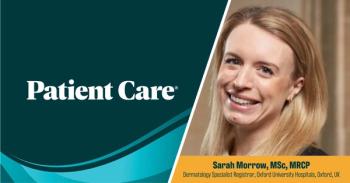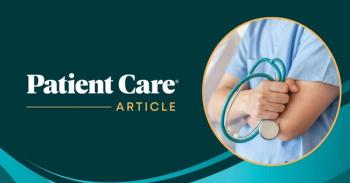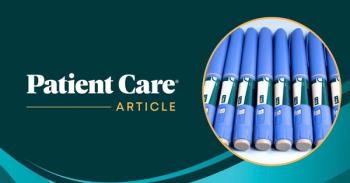
FDA Allows Return of Silicone-Gel Breast Implants
ROCKVILLE, Md. -- After a 14-year ban, silicone-gel breast implants will be allowed back on the market for breast reconstruction or augmentation, the FDA announced.
ROCKVILLE, Md., Nov. 20 -- After a 14-year ban, silicone-gel breast implants will be allowed back on the market breast reconstruction or augmentation, the FDA announced.
The silicone-gel implants, made by two California companies, were approved for use in reconstruction surgery regardless of age and for augmentation in women ages 22 or older.
And in all cases, women will be advised that regular magnetic resonance imaging screening will be required for early detection of implant rupture.
Daniel Schultz, M.D., the agency's director of the Center for Devices and Radiological Health, said that the FDA's review of the scientific evidence "provides reasonable assurance of the benefits and risks of these devices."
The long ban followed allegations of connective tissue disorders caused by silicone leaking from ruptured implants. Those claims were not supported by scientific review, but the FDA will keep a much tighter rein on the implants this time.
For example, the FDA will require each of the implant makers to conduct a large postapproaval study. Each device-makers will be required to continue the core studies through 10 years; conduct a focus group study of the patient labeling; continue laboratory studies to further characterize types of device failure; and track each implant in the event that health professionals and patients need to be notified of updated product information.
The postapproval studies will continue to gather information about the safety and effectiveness of the implants. Information will be collected about rates of local complications, rates of connective tissue disease and its signs and symptoms, rates of neurological disease and its signs and symptoms, potential effects on offspring of women with breast implants, potential effects on reproduction and lactation, rates of cancer, rates of suicide, potential interference of breast implants with mammography, and MRI compliance and rupture rates.
The FDA said that data from those postapproval studies will provide important information for patients and physicians, and may lead to improvements in device labeling.
Additionally, the device labels will warn that the implants are not lifetime devices, and a woman will probably need additional procedures over time. The labels will also warn that many of the changes to a woman's breast following implantation are irreversible and that rupture of a silicone gel-filled breast implant is usually silent, so that neither women nor their surgeons will know that the implants have ruptured.
The FDA said that regular MRI screening will be necessary to assess the condition of the implants and the device label will recommend initial MRI screening three years after implantation surgery, with additional MRI screening every two years afterward.
The label will also warn that the cost of this screening to the patient may exceed the cost of the initial surgery and may not be covered by insurance.
If an MRI screening detects a rupture, the labels will state, the device should be removed and replaced if necessary.
The FDA's decision to approve these implants was based on a thorough review of each company's clinical and preclinical studies, a review of studies by independent scientific bodies, and deliberations of advisory panels of outside experts that heard public comment from hundreds of stakeholders.
In addition, FDA conducted inspections of each company's manufacturing facilities to determine that they comply with FDA's Good Manufacturing Practices.
Some of the complications reported in the core studies included hardening of the area around the implant, breast pain, change in nipple sensation, implant rupture and the need for additional surgery. However, the majority of women in these studies reported being satisfied with their implants.
In the past decade, a number of independent studies have examined whether silicone gel-filled breast implants were associated with connective tissue disease or cancer. The studies, including a report by the Institute of Medicine, concluded there was no convincing evidence that breast implants are associated with either of these diseases.
As a result of the controversy surrounding the implants, silicone gel implants have become one of "the most extensively studied medical devices," the FDA's Dr. Schultz said.
He added that the FDA now has "a good understanding of what complications can occur and at what rates."
The implants will be manufactured by Allergan Corp. (formerly Inamed Corp.), of Irvine, Calif., and Mentor Corp., of Santa Barbara, Calif.
Newsletter
Enhance your clinical practice with the Patient Care newsletter, offering the latest evidence-based guidelines, diagnostic insights, and treatment strategies for primary care physicians.

































































































































